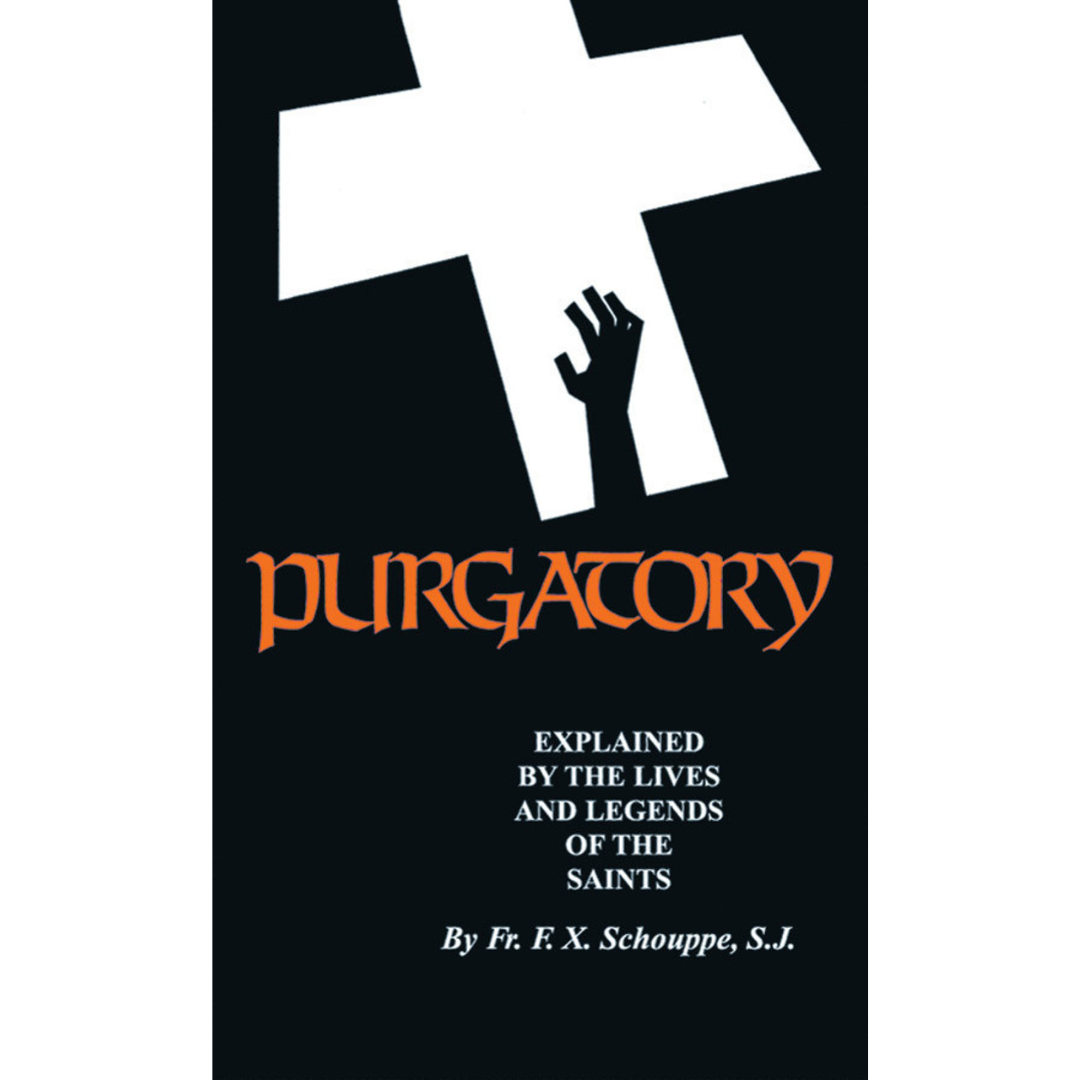What lies hereafter? How shall we be saved if we are to be judged on every idle thought or act, on every word or deed? It is a truth of the Faith that the soul of every person who dies in the state of grace without having made sufficient expiation on earth for his forgiven sins will undergo the penal purification of Purgatory before entering Heaven. In Purgatory: Explained by the Lives and Legends of the Saints, Jesuit Fr. F. X. Schouppe presents the ancient Catholic tradition on Purgatory, explaining how its pains are great—greater than any suffering known on earth—how they are adapted to the past sins of each individual soul, how they can vary in duration from less than one minute to a period of several centuries, and how they manifest the infinite Mercy of God no less than His Justice, since a certain debt for the pain of sin is owed in order to become perfected in the Sacrifice of Christ, but for those who are imperfect at the point of death, Mercy provides a solution in Purgatory.
Fr. Schouppe compiles what the saints have said about Purgatory, relying on apparitions, visions, and revelations from the lives of St. Margaret Mary Alacoque, St. Gertrude the Great, St. Bridget of Sweden, St. Jean-Baptiste Marie Vianney, St. Lidwina of Schiedam, and others, who recount many occasions when God has allowed souls in Purgatory to appear on earth to plead for prayers, sacrifices, and Masses for their relief. Above all, Fr. Schouppe emphasizes first the wonderful relief which the souls in Purgatory receive from prayers, penance, almsgiving, and especially from the Holy Sacrifice of the Mass offered for them. These souls will have measureless gratitude upon their release, obtaining priceless benefits for their benefactors in return. Most important, Fr. Schouppe emphasizes that we must avoid Purgatory by growing in Divine Charity for God and others, living it to the full.



